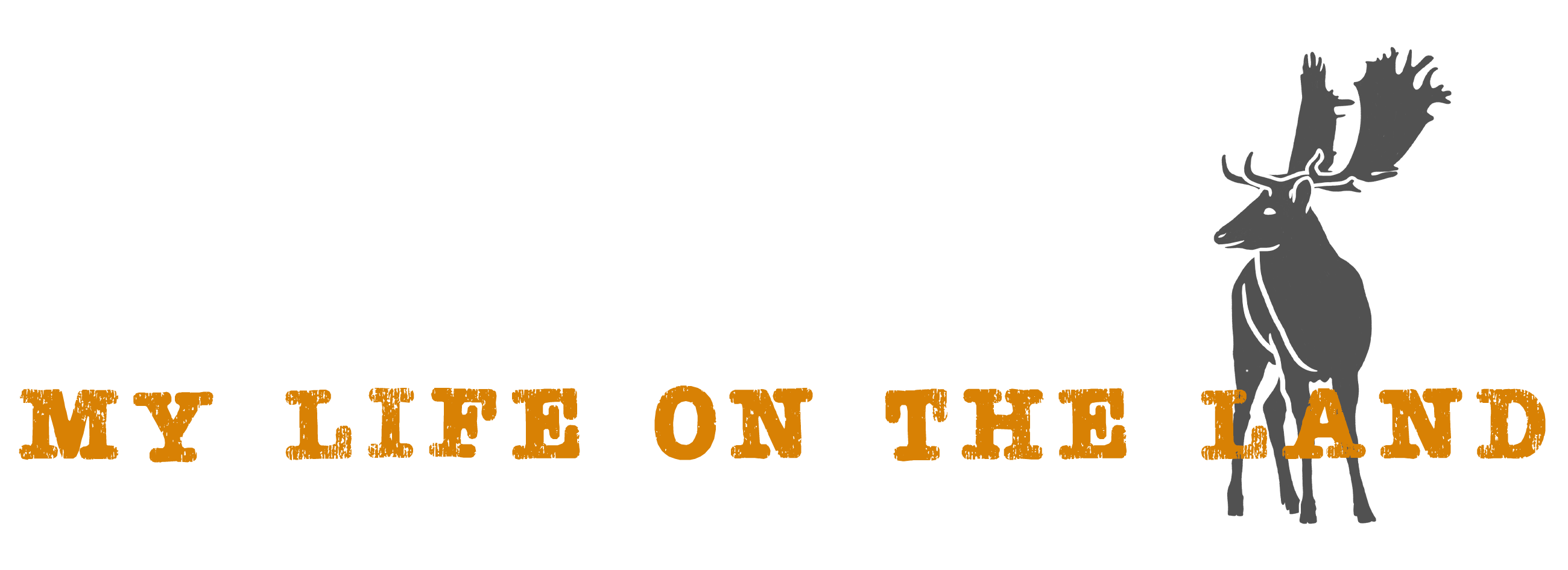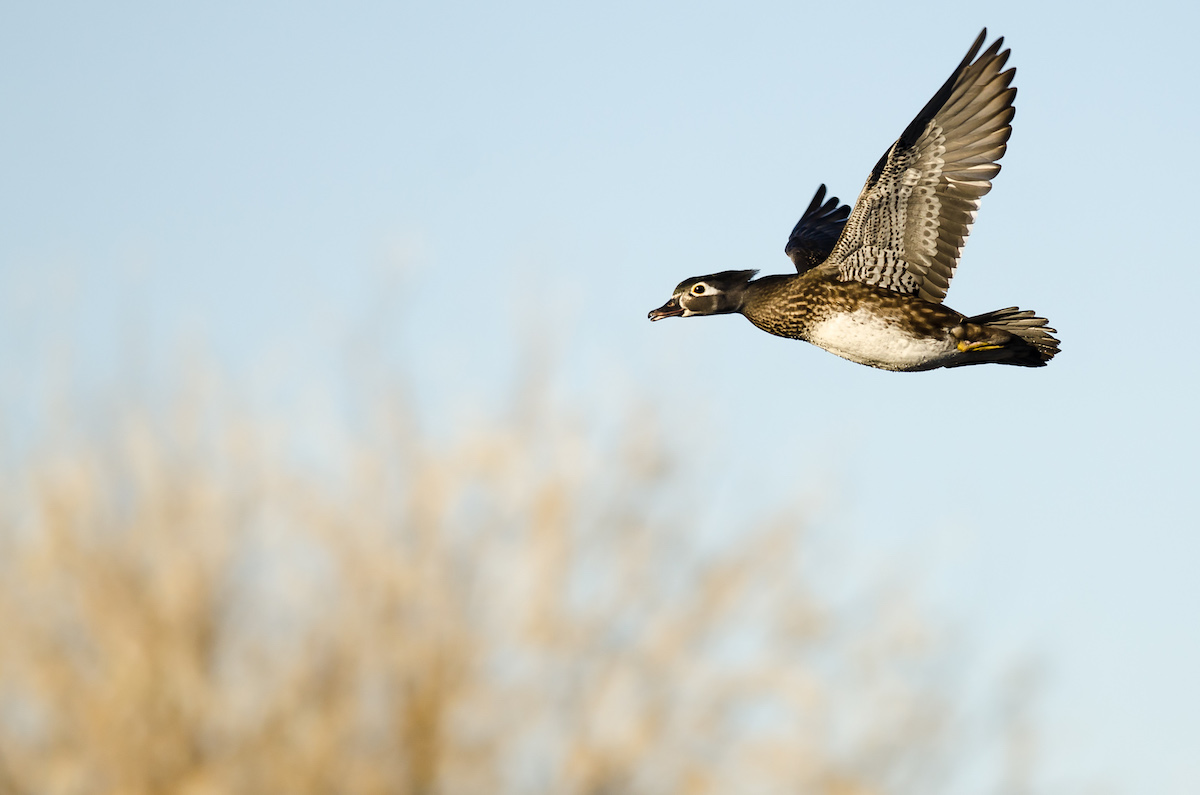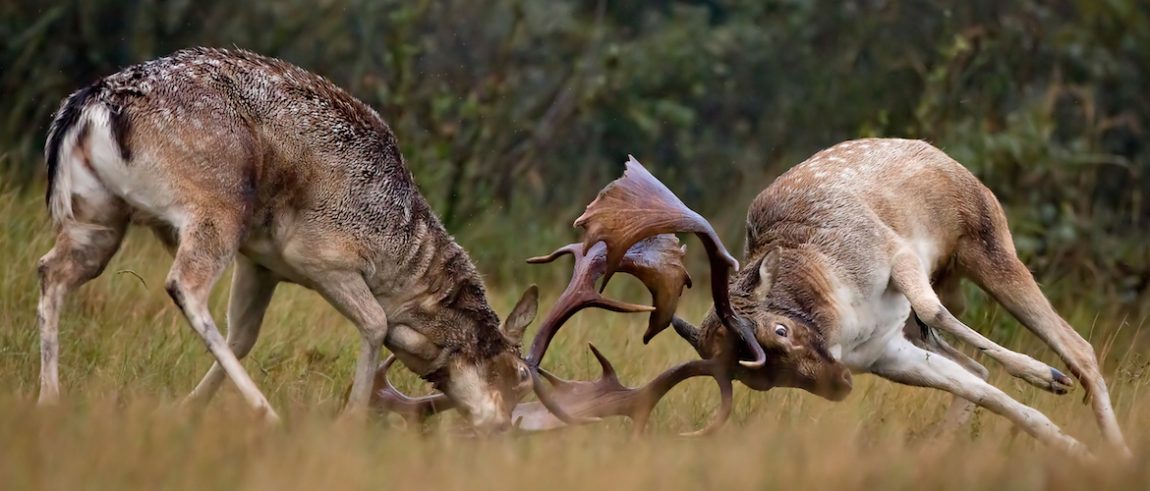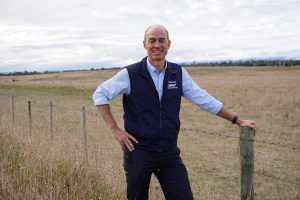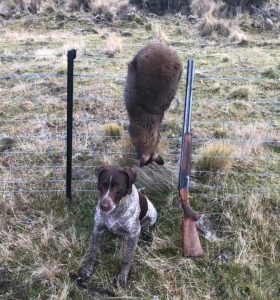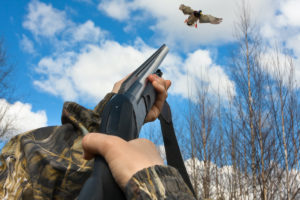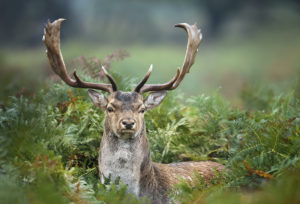Duck hunting season is upon us here in Tasmania and, as per usual, the anti-duck-hunting crowd is out in force, trying to stir up trouble. But thankfully, Tasmanians are wising up to their tricks.
In a recent media release, Guy Barnett, Minister for Primary Industries and Water, accused the Greens of muddying the waters with a duck-load of misinformation.
Barnett was talking about the Green’s claims that he ignored expert advice that the 2021 duck hunting season should be either stopped or reduced, and he rightly called them on for their lies.
We were even happier to see the Minister publicly defend duck hunting, stating that the “government recognises appropriately managed duck hunting as a traditional form of recreation in Tasmania”.
Tasmanian families have been duck hunting for generations. Rather than being a cruel blood sport full of mindless killers as the animal activists would have you believe, duck hunters are some of the most passionate environmentalists you will meet. Most are members of Field and Game, or some other conservation-minded organisation. They donate time and money to restoring, repairing and managing wetlands, and ensuring duck populations remain healthy.
With the exception of a few, duck hunters eat what they take, enjoying the culinary delights of wild caught game meats. They are the complete antithesis of what the animal rights activists say they are.
As Barnett rightly pointed out, duck hunting is strictly regulated in Tasmania. Every duck hunter must successfully pass the Waterfowl Identification Test. This isn’t some token certificate. It requires you to correctly identify all of the game species of ducks as well as the non-game species of ducks – both from the air and in the water. Get one of the endangered ducks wrong and you fail the course!
It would be interesting to see how many of the Greens members and animal rights activists could pass that test themselves!
There are also tight procedures in place to ensure duck hunting is humane and sustainable, with strict bag limits (a maximum of 10 per day per hunter) and rules surrounding how, when and where ducks can be taken.
The government are aware that, like any wildlife, duck numbers need to be managed. Yes, they want to ensure their numbers do not decline, but they also need to make sure they don’t increase too much either. Left unmanaged, ducks have a reputation for destroying important agricultural crops, fouling waterways and causing quite the mess to the environment.
The RSPCA and the Greens often gloat about NSW and Western Australia banning duck hunting, like it is some massive win for duck populations. But what they fail to tell you is how many ducks are killed in those states under crop protection permits, particularly on rice paddies in NSW. We have heard tales of hunters standing in fields of rice, shooting hundreds and hundreds of ducks a day.
Thankfully, Tasmanians are still closely connected with our rural communities. Maybe that’s why both the Liberal and Labor governments have publicly touted the environmental benefits of recreational hunting, and have not caved to the urban pressures of Green electorates.
The Greens and the RSPCA claim that native duck populations are in serious decline in Tasmania, but as Barnett pointed out, DPIPWE conduct annual surveys of wild duck populations and have found no evidence of any long-term decline in numbers.
Still, all these facts don’t seem to have stopped the animal rights activists from spreading their lies and propaganda.
Emboldened by their win in Victoria, with the Andrew’s government kowtowing to the animal rights activists and cutting the duck season from 3 months down to just 20 days, RSPCA Tas prematurely let the cat out of the bag with an ‘all points bulletin’ email to their stakeholder lists announcing their plan to launch a public campaign to ban duck hunting.
Somehow, we happened to be on that email list, so had a heads up of what they were planning.
True to their word, the RSPCA joined forces with the Greens to spread their unique brand of emotional blackmail, misinformation and downright lies.
They took out full page ads, and posted dozens of social media threads claiming hugely inflated (and outright false) numbers for the 2020 duck hunting season. Ironically, they didn’t do so well with their collaboration, and quoted wildly differing figures.
One story put the number of duck hunters in Tasmania at 11,000, while another claimed that just 0.02% of the Tasmanian population (that’s just 102 people) shot over 50,000 birds!
So what is the truth?
As per usual, it is a lot less inflammatory than the antis are claiming.
According to Game Tracks, a publication put out by DPIPWE each year, there were 1109 duck hunting licenses sold in Tasmania in 2020 (down from 1134 in 2019). As yet, there is no official numbers for how many ducks were taken in 2020 but the 2019 estimate was 33,684 ducks (that’s around 29 ducks per license).
But here’s a little bit of context.
The 2020 Duck Hunting season was interrupted by the arrival of a global pandemic – Covid-19. Just days after the official launch of the season, Tasmania went into lockdown, and the government closed all public hunting grounds. They also issued ‘same day‘ instructions for any hunters who still wanted to hunt on private land. That meant that they needed to be able to leave their home, drive to their hunting location, hunt, process their catch, and be home before midnight of the same day!
While some did do this, we have spoken to many hunters – both duck and deer – who, because of the restrictions, did not have any opportunity to hunt during the 2020 hunting seasons. Or if they did, they did a lot less hunting than they usually would have.
Yet the RSPCA and the Greens would have you believe that, despite a global pandemic, despite massive land closures, and despite strict stay-at-home restrictions, that more people (possibly as many as 10 times more) hunted and took 49% more ducks than they did the previous year!
Even if we give them the benefit of the doubt, if all 1109 duck license holders shot the exact same number of ducks that they did the previous season, the expected tally for 2020 would be 32,161 ducks – a far cry from the 50,000+ figures they are quoting around the internet.
But given what we know about all the interruptions to the season, we expect that the real figure is a mere fraction of that!
Do we expect the RSPCA and the Greens to stop grossly inflating facts and spreading their own weird and whacky brand of truth? Probably not. They have often used lies and twisted ‘facts’ to spread their ideology. But hopefully there are enough people left out there with the commonsense to see through the lies. Judging from the comments we have seen across social media, this certainly seems to be the case.
Instead of consolidating support behind their cause, the RSPCA seems to have damaged their credibility. CEO Jan Davis is copping flak for her previous stance on controlling wildlife populations with 1080 poisons while she was with the Tasmanian Farmers and Graziers Association.
There are also many commenting on how out of touch the RSPCA is with the general public and lost focus on their core activities (there is a major difference between animal welfare and animal rights).
Even the media seem to be catching on. In the last few weeks since they launched their public campaign against duck hunting, we have read several articles supporting it, and one that even questioned whether the RSPCA should retain power to investigate animal abuse when it seems they have been overrun by animal extremists.
Yep, even the ABC, who have been known for their one-sided reporting on hunting in the past, decided to make things a little more balanced and invited us to take part in their conversations about duck hunting earlier this week.
That’s why it is so important for hunters to stop ducking for cover whenever the antis go on the attack, and start banding together.
United we stand, divided we fall!
What is I Am Hunter?
I Am Hunter wants to change the way hunting is perceived and to change the conversation from a negative one driven by anti-hunters to a positive one led by hunters.
Our goal is to help hunters become positive role models and ambassadors for hunting, while simultaneously helping non-hunters understand why hunting is important.
You can become a supporter and help us achieve our goal and spread a positive message about hunting with the wider community.
Related content
Our other channels
Get our newsletter
Get our free monthly newsletter direct to your inbox
Listen on iTunes
Listen to our podcast on iTunes.
TV series
Watch I Am Hunter episodes on My Outdoor TV (MOTV)
